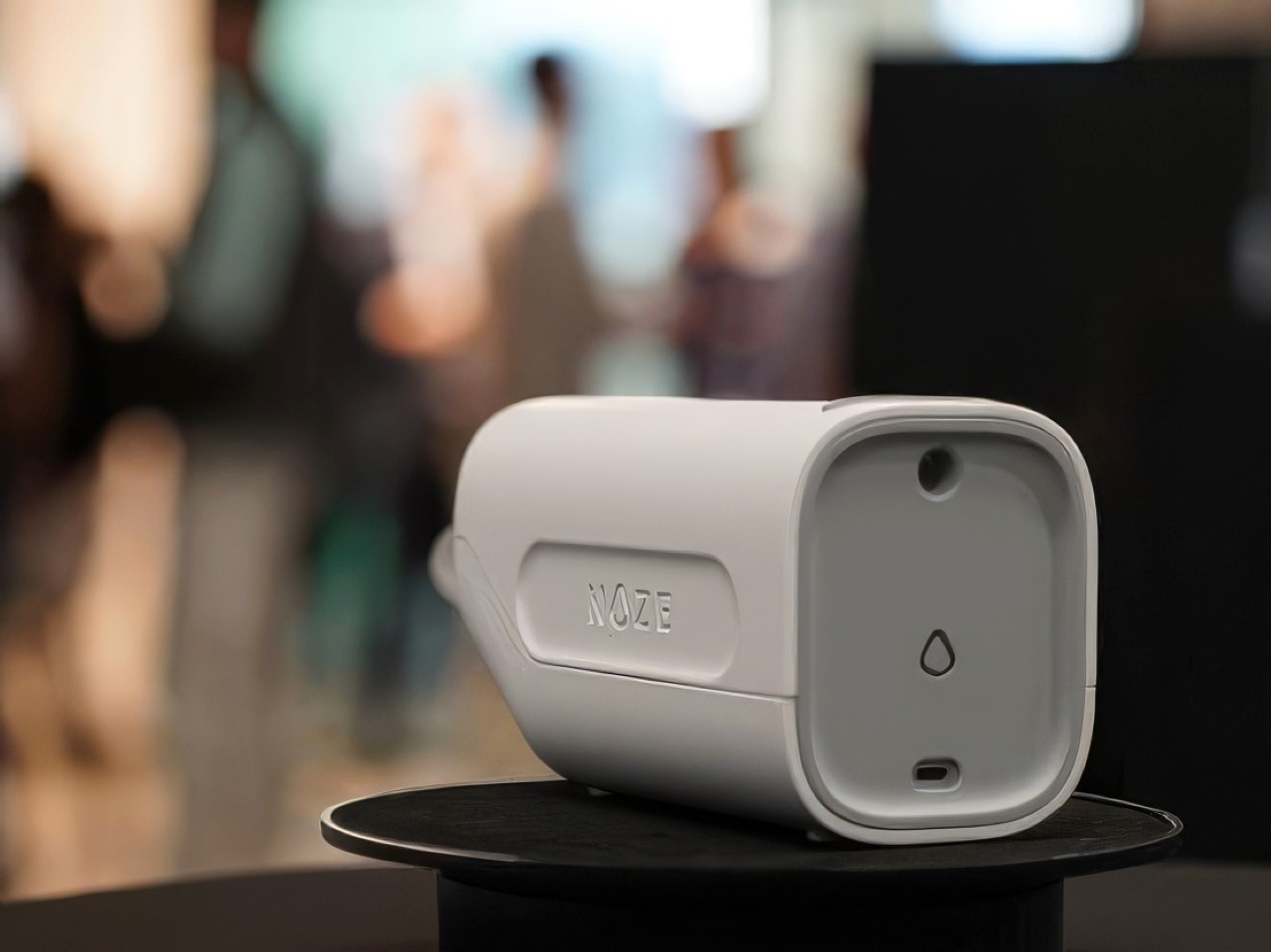
Humans breathe approximately 25,000 times a day, yet within each breath lies untapped health data that a Canada-based promising startup aims to decode with their innovative handheld device. Meet the DiagNoze, a portable diagnostic tool can ‘smell’ diseases simply by analyzing your breath. The device reads volatile organic compounds (VOCs) in exhaled air, identifying biomarkers for various conditions including tuberculosis (TB). By identifying these compounds with impressive accuracy, DiagNoze offers real-time, portable diagnostics that are accessible almost anywhere, addressing critical healthcare gaps in both developed and underserved regions. The device integrates next-generation machine intelligence with NASA-derived sensor technology, delivering quick and cost-effective health insights where traditional diagnostics fall short due to high costs and slow processing.
Designer: Noze
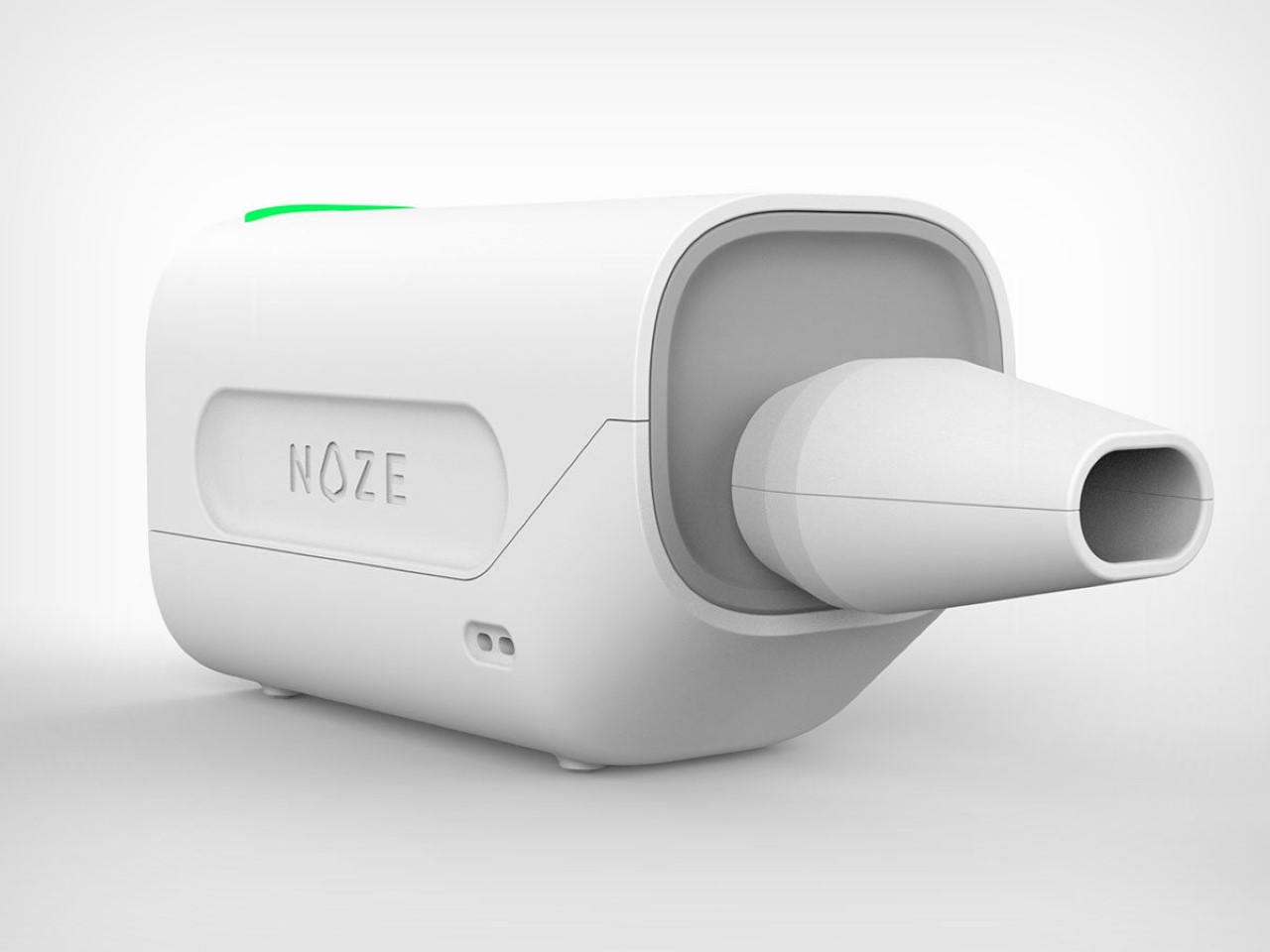
While the most common use of breathalyzers has been to detect alcohol levels, this device can identify diseases simply by scanning your breath.
DiagNoze’s compact design and ease of use make it a practical solution for healthcare settings with limited resources. In regions where access to timely testing is scarce, the device’s rapid diagnostics can lead to earlier interventions, improving patient outcomes and reducing the spread of diseases. The company’s mission received a significant boost through additional funding from the Bill & Melinda Gates Foundation, bringing their total grant to $1.8 million. This investment will support a clinical study aimed at using DiagNoze to detect TB in high-burden countries, directly contributing to global efforts to curb the spread of this deadly disease, which claims 1.3 million lives annually.
Looking ahead, Noze envisions DiagNoze becoming a staple in everyday healthcare, where real-time health monitoring is as routine as a checkup. The device’s ability to offer actionable insights from a simple breath could revolutionize diagnostics, moving us toward a proactive healthcare model focused on prevention and early detection… quite literally a breath of fresh air in the medical industry, if you ask me!
The post Breakthrough AI-Powered Device that can ‘Smell’ Diseases is disrupting the Healthcare Industry first appeared on Yanko Design.

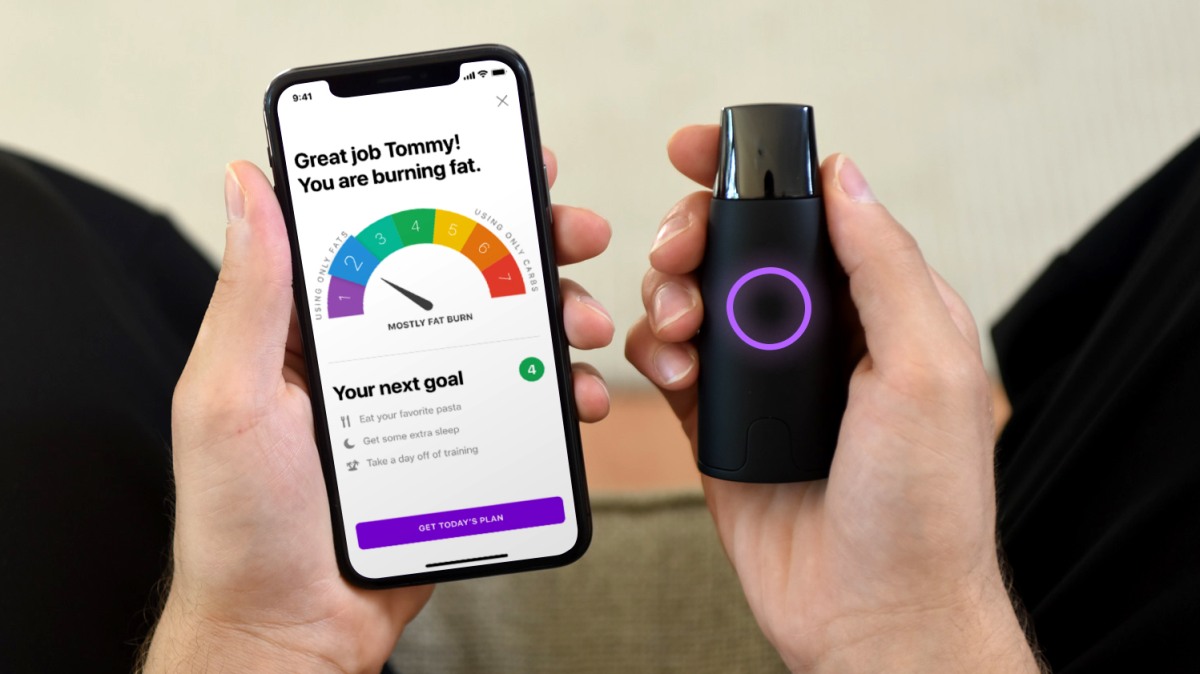 Last August Lumen raised nearly two million dollars on Indiegogo for its metabolism tracking device, and now at CES it's ready to show the final consumer product. The plan behind Lumen is that owners will breath einto it multiple times a day, let it...
Last August Lumen raised nearly two million dollars on Indiegogo for its metabolism tracking device, and now at CES it's ready to show the final consumer product. The plan behind Lumen is that owners will breath einto it multiple times a day, let it...
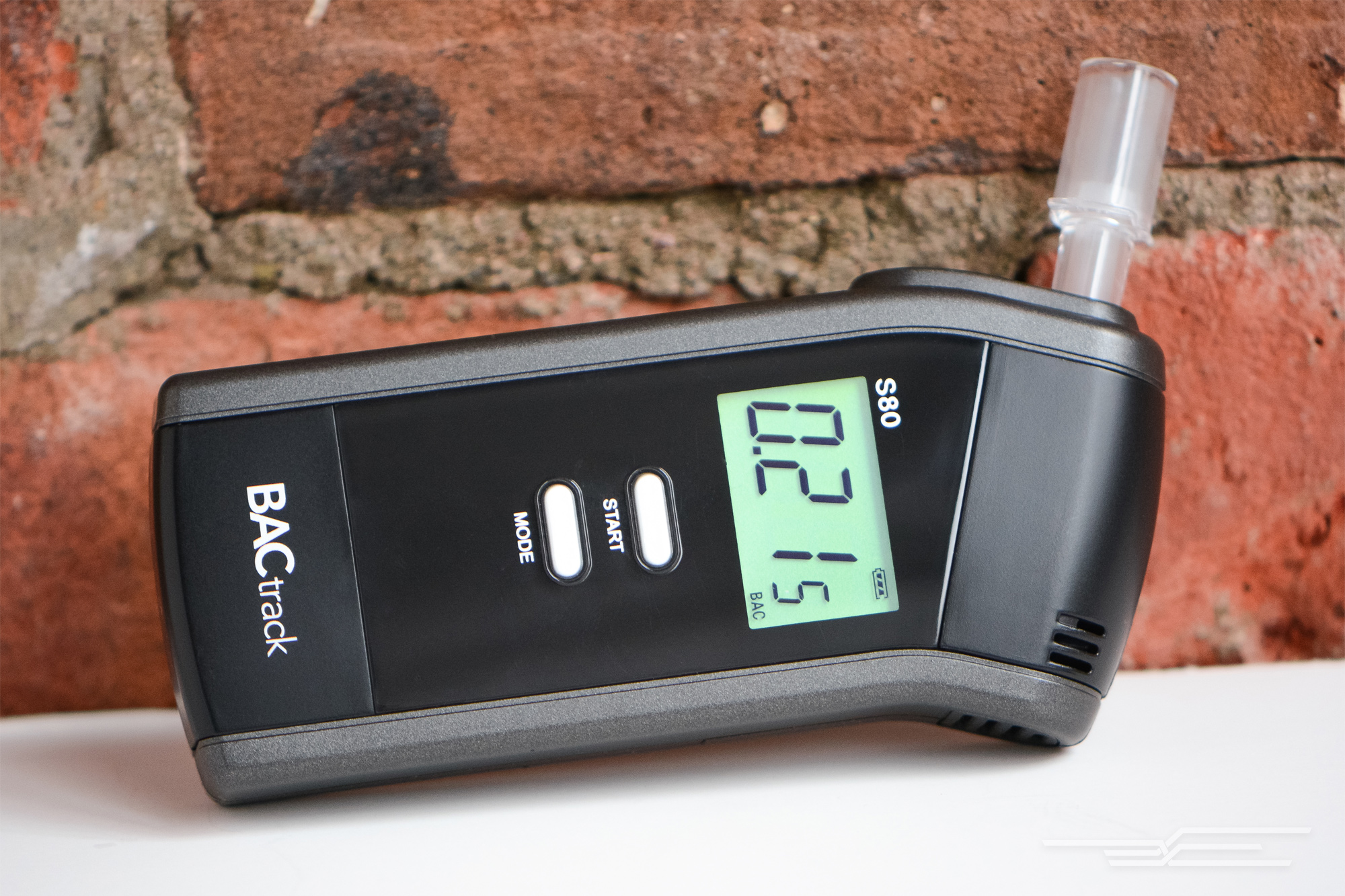 By Séamus Bellamy
This post was done in partnership with The Wirecutter, a buyer's guide to the best technology. When readers choose to buy The Wirecutter's independently chosen editorial picks, it may earn affiliate commissions that support...
By Séamus Bellamy
This post was done in partnership with The Wirecutter, a buyer's guide to the best technology. When readers choose to buy The Wirecutter's independently chosen editorial picks, it may earn affiliate commissions that support...
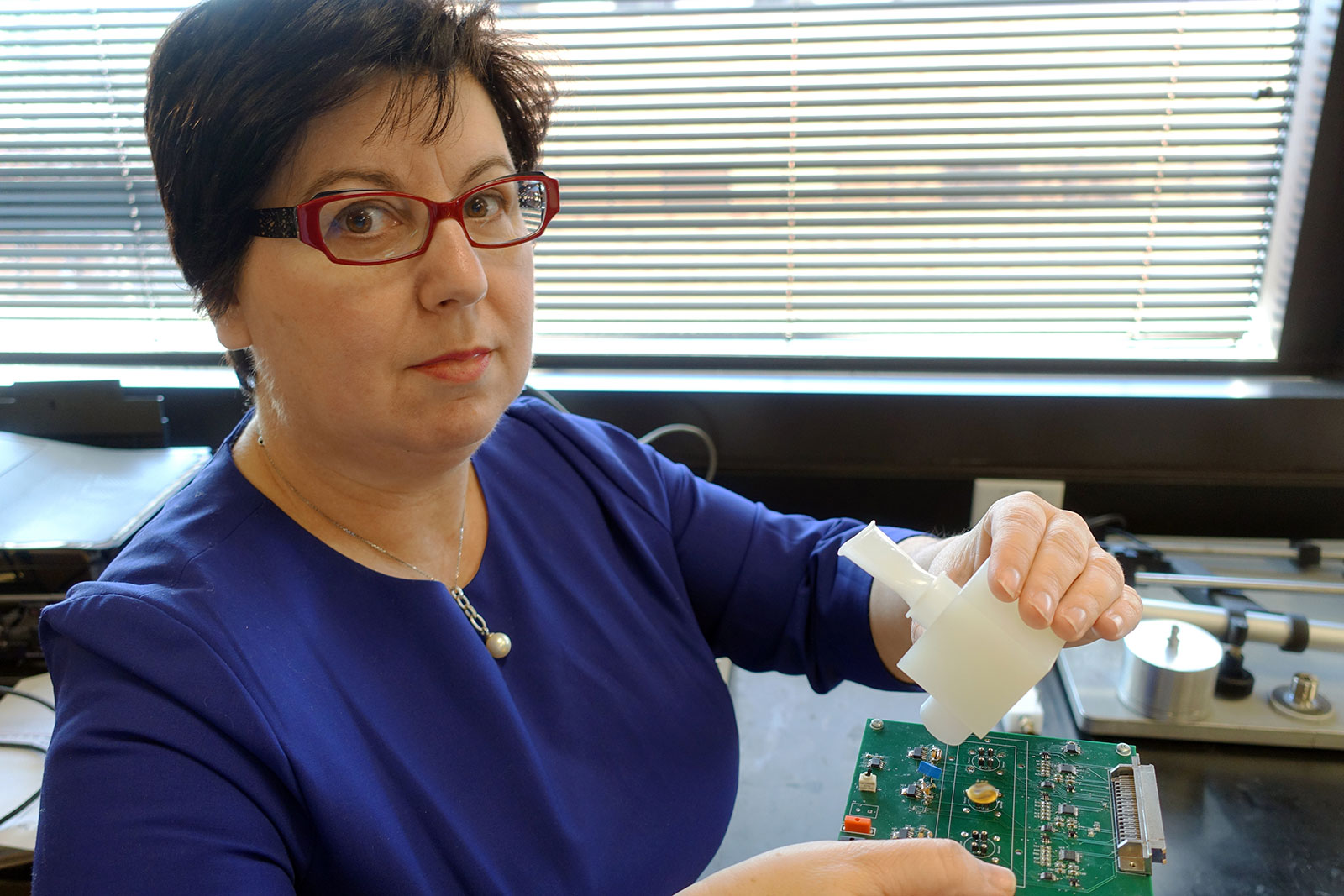 What if you could pick up a device from the drug store that could tell you if you have the flu and save you a trip to the doctor? That's one possibility for a breath-analyzing gadget that University of Texas at Arlington professor Perena Gouma has de...
What if you could pick up a device from the drug store that could tell you if you have the flu and save you a trip to the doctor? That's one possibility for a breath-analyzing gadget that University of Texas at Arlington professor Perena Gouma has de...
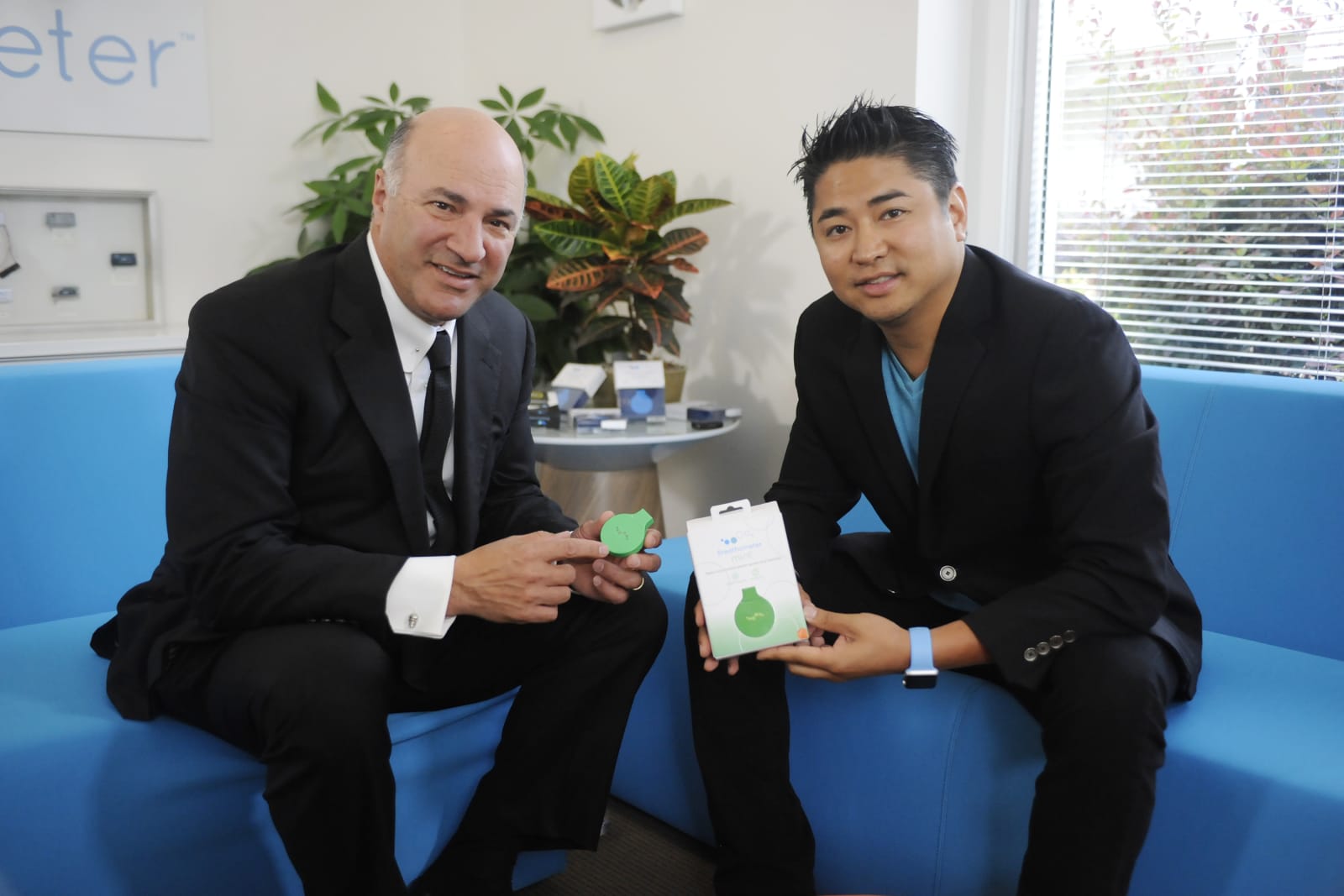 Accuracy is a big issue with wearables and all sorts of connected devices. Despite marketing claims of "government-lab grade testing," the Federal Trade Commission found that Breathometer's app-connected breathalyzers weren't as accurate as the compa...
Accuracy is a big issue with wearables and all sorts of connected devices. Despite marketing claims of "government-lab grade testing," the Federal Trade Commission found that Breathometer's app-connected breathalyzers weren't as accurate as the compa...

 Blood, breath and urine. These are the holy trinity of determining alcohol intoxication but are virtually useless when measuring the amount of THC in your system thanks the the molecule's ability to remain present in bodily fluids for up to a month a...
Blood, breath and urine. These are the holy trinity of determining alcohol intoxication but are virtually useless when measuring the amount of THC in your system thanks the the molecule's ability to remain present in bodily fluids for up to a month a...
 Today on In Case You Missed It: A new device is being tested to detect lung cancer by having patients breathe into it. A new tape measure that syncs to a mobile app can calculate distances by simply running it over an item, or using a laser to ca...
Today on In Case You Missed It: A new device is being tested to detect lung cancer by having patients breathe into it. A new tape measure that syncs to a mobile app can calculate distances by simply running it over an item, or using a laser to ca...


